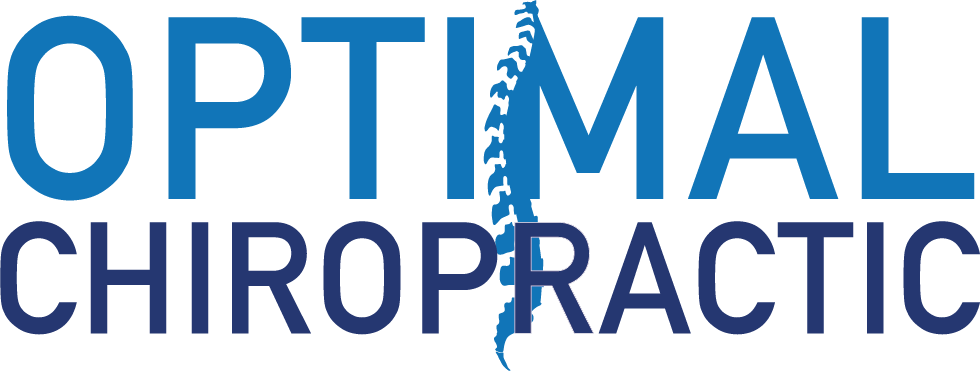Science education is undergoing a transformation with the integrating of innovative teaching strategies that emphasize active mastering, critical thinking, and program of scientific concepts. This informative article explores curriculum innovations inside science education, focusing on the combination of inquiry-based learning, project-based learning, and hands-on studies to enhance student engagement, deepen understanding, and foster life time curiosity and passion for science.
Inquiry-based learning (IBL) is surely an approach to teaching and finding out that empowers students to learn scientific concepts through wondering, investigation, and discovery. Within the inquiry-based classroom, students are generally actively involved in the learning course of action, posing questions, designing tests, collecting and analyzing information, and drawing conclusions determined by evidence. This approach promotes student-centered learning and fosters the introduction of critical thinking, problem-solving, along with scientific inquiry skills. Through engaging in authentic scientific methods, students develop a deeper comprehension of core concepts and guidelines and cultivate a sense of possession and curiosity about the natural world.
Project-based learning (PBL) is another pedagogical approach that encourages pupils to work collaboratively on real-world projects that address real scientific problems or challenges. In a project-based classroom, learners apply their knowledge along with skills to solve complex issues, conduct investigations, and produce innovative solutions. Projects could involve designing and executing experiments, building models or prototypes, analyzing data, and communicating findings to traditional audiences. PBL promotes interdisciplinary learning, teamwork, and conversation skills, while also encouraging creativity, innovation, and entrepreneurship. By engaging in hands-on, project-based activities, students develop a further understanding of scientific concepts and the relevance to society and the world around them.
Hands-on experiments are an essential component of technology education, providing students with opportunities to explore, manipulate, and also observe scientific phenomena revolutionary. Hands-on experiments engage numerous senses and learning modalities, helping students develop a far more intuitive understanding of scientific ideas and principles. Through hands-on experimentation, students learn to produce hypotheses, design experiments, collect and analyze data, and also draw conclusions based on proof. Hands-on experiments also promote scientific literacy and inquest skills, as students learn how to critically evaluate information, make informed decisions, and communicate their findings effectively. By means of engaging in hands-on activities, students develop a deeper appreciation to the process of science and the role of experimentation in improving knowledge and understanding.
The combination of inquiry-based learning, project-based learning, and hands-on experiments represents a holistic approach to technology education that emphasizes lively learning, critical thinking, and authentic engagement with technological concepts and practices. Simply by combining these innovative coaching approaches, educators can create dynamic learning environments that stimulate curiosity, creativity, and a lifelong passion for science.
Inquiry-based learning, project-based learning, and also hands-on experiments complement one another synergistically, providing students with a rich and immersive learning experience that promotes deep knowing and meaningful engagement with scientific concepts. Inquiry-based learning encourages students to ask questions, explore topics of interest, and also pursue their own https://dotbiotech.com/bělení-plátna-k.html lines involving inquiry, while project-based understanding challenges students to apply their own knowledge and skills to solve real-world problems and create perceptible products or solutions. Hands-on experiments provide the opportunity for college students to test hypotheses, manipulate parameters, and observe phenomena straight, reinforcing conceptual understanding and also promoting scientific literacy.
In summary, curriculum innovations in research education that integrate inquiry-based learning, project-based learning, and also hands-on experiments offer a potent approach to teaching and learning that engages students within meaningful, authentic, and appropriate scientific experiences. By promoting curiosity, critical thinking, in addition to problem-solving skills, these progressive teaching approaches prepare college students to succeed in an increasingly complex along with interconnected world. Continued study and evaluation of subjects innovations in science training are essential to identify best practices, market effective implementation, and ensure that most students have access to high-quality technology education that prepares these individuals for success in the 21st centuries.


Recent Comments